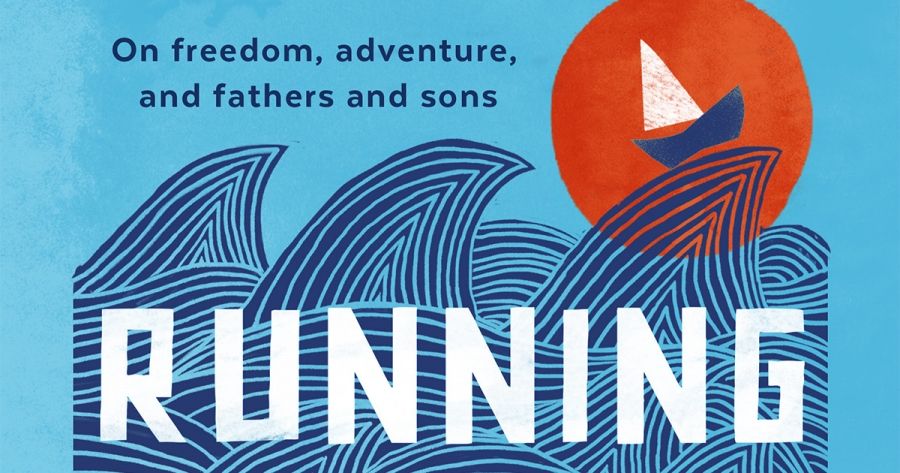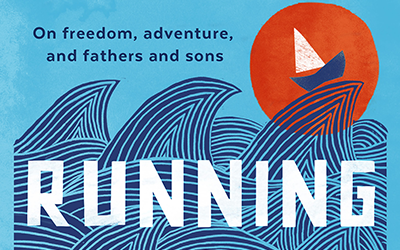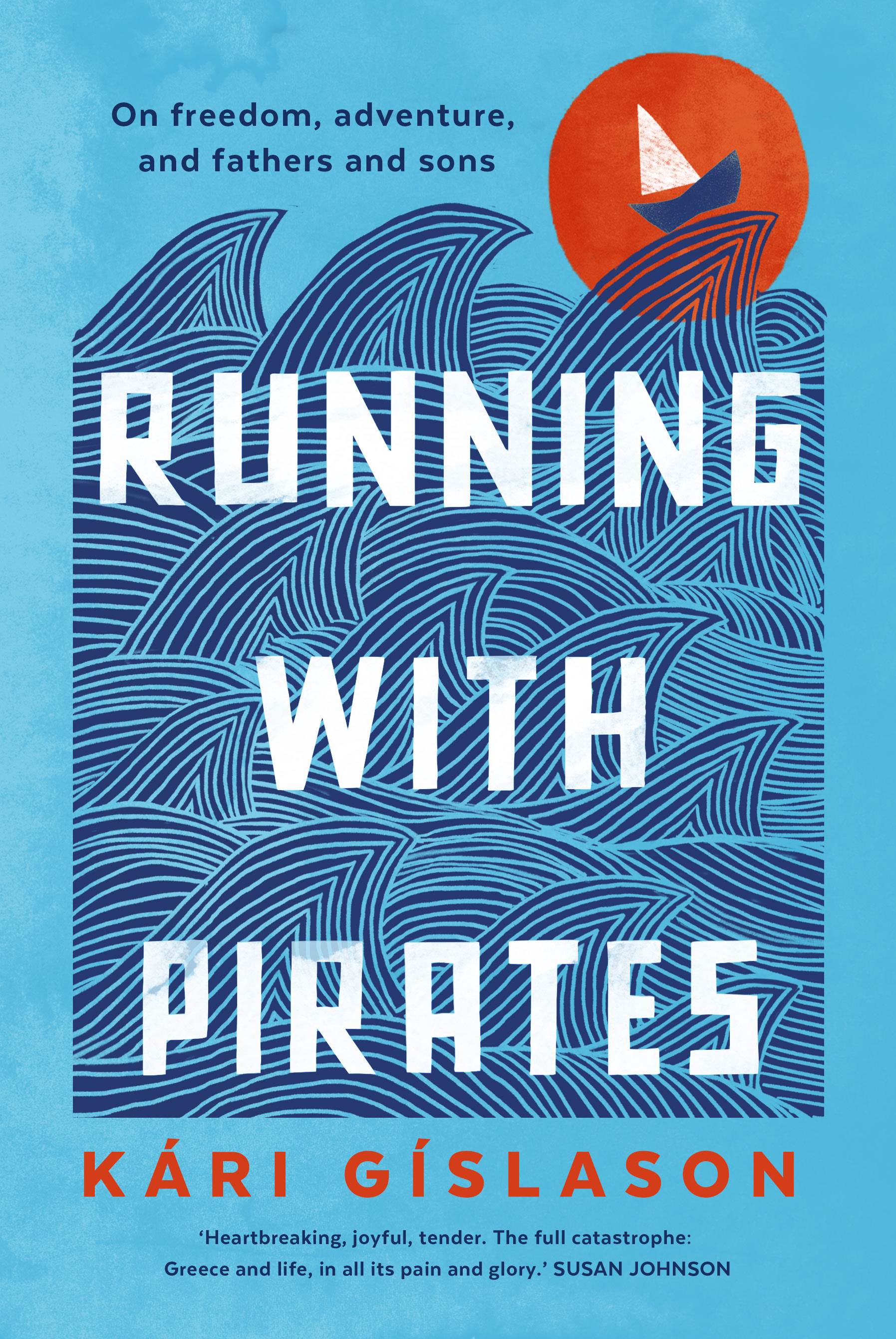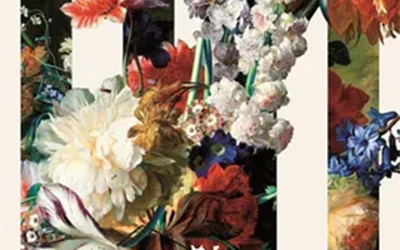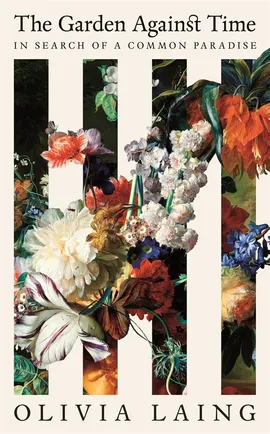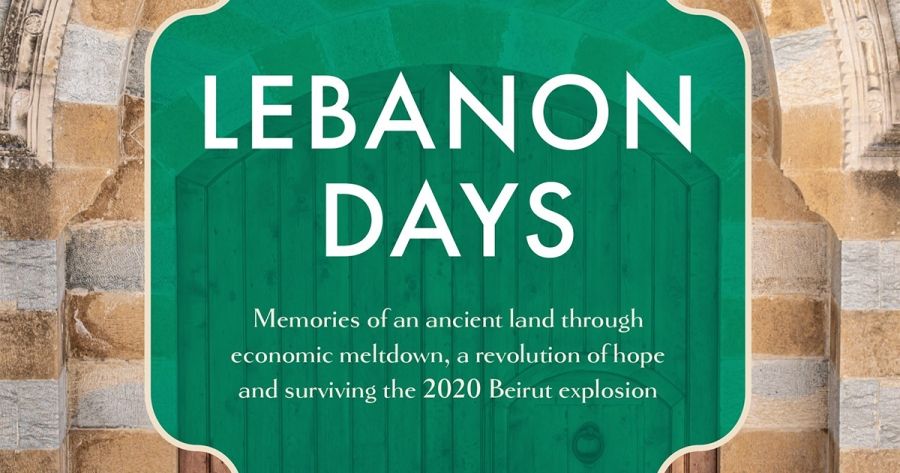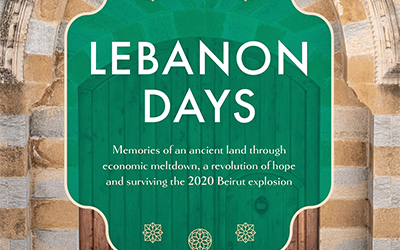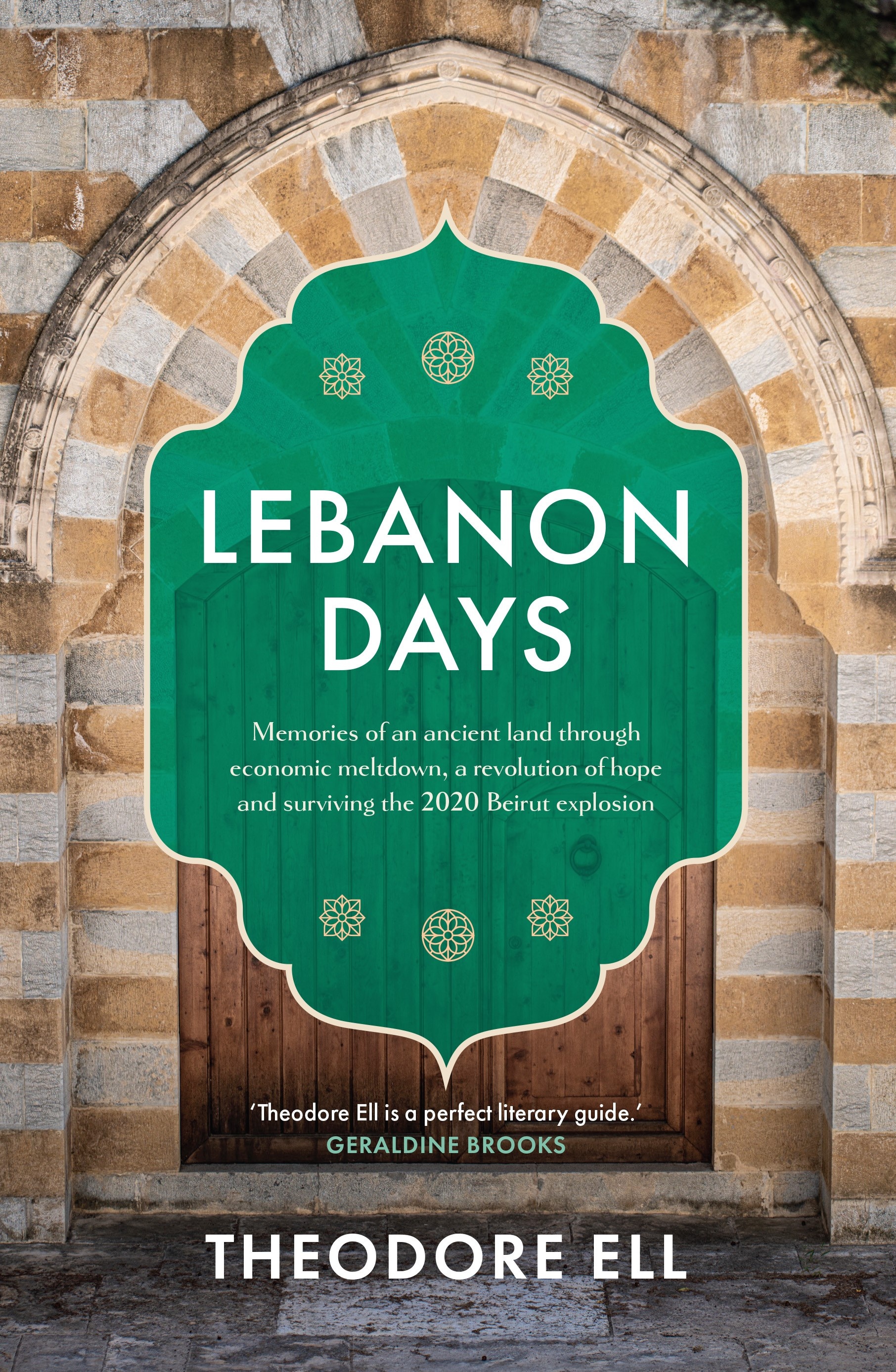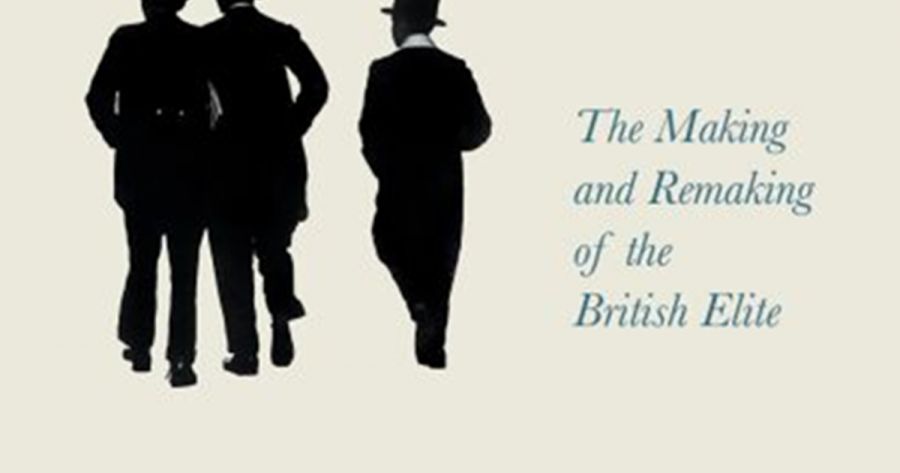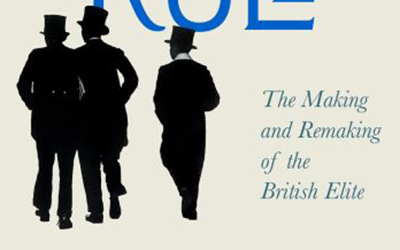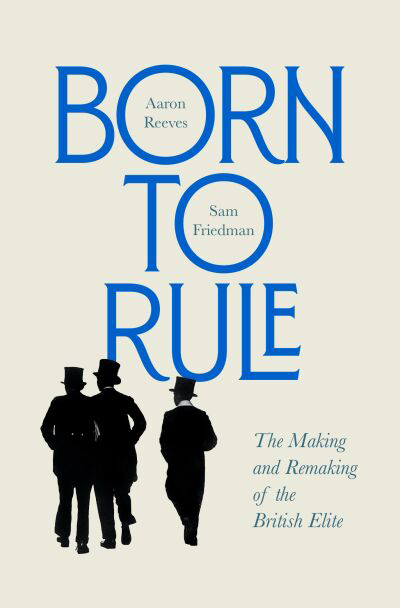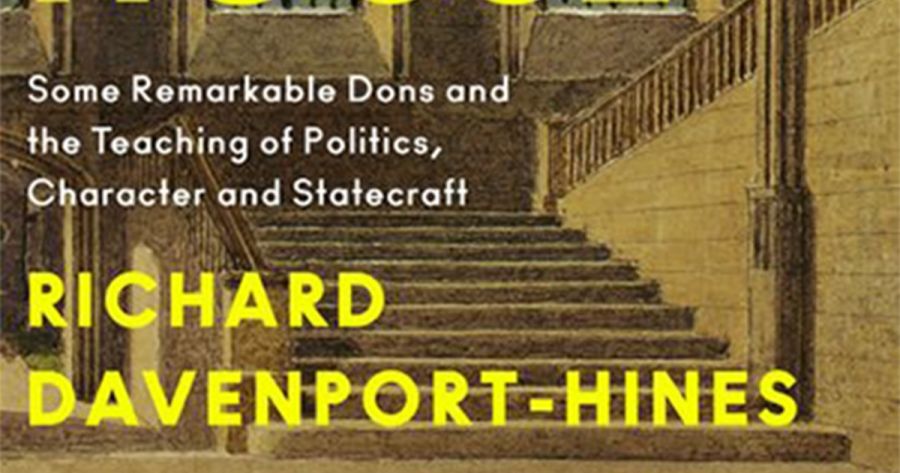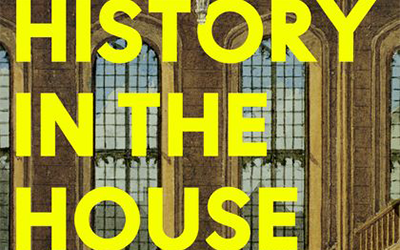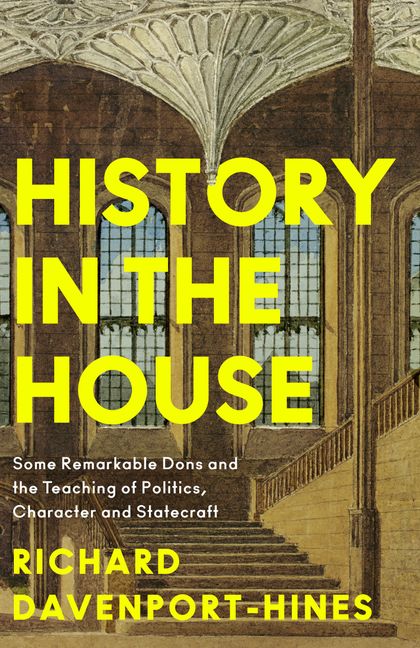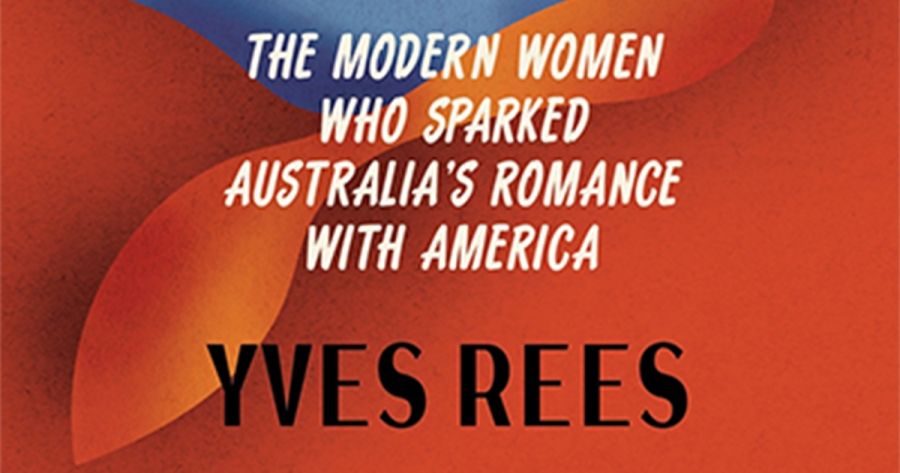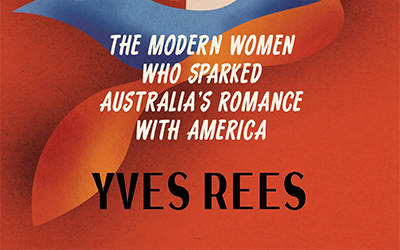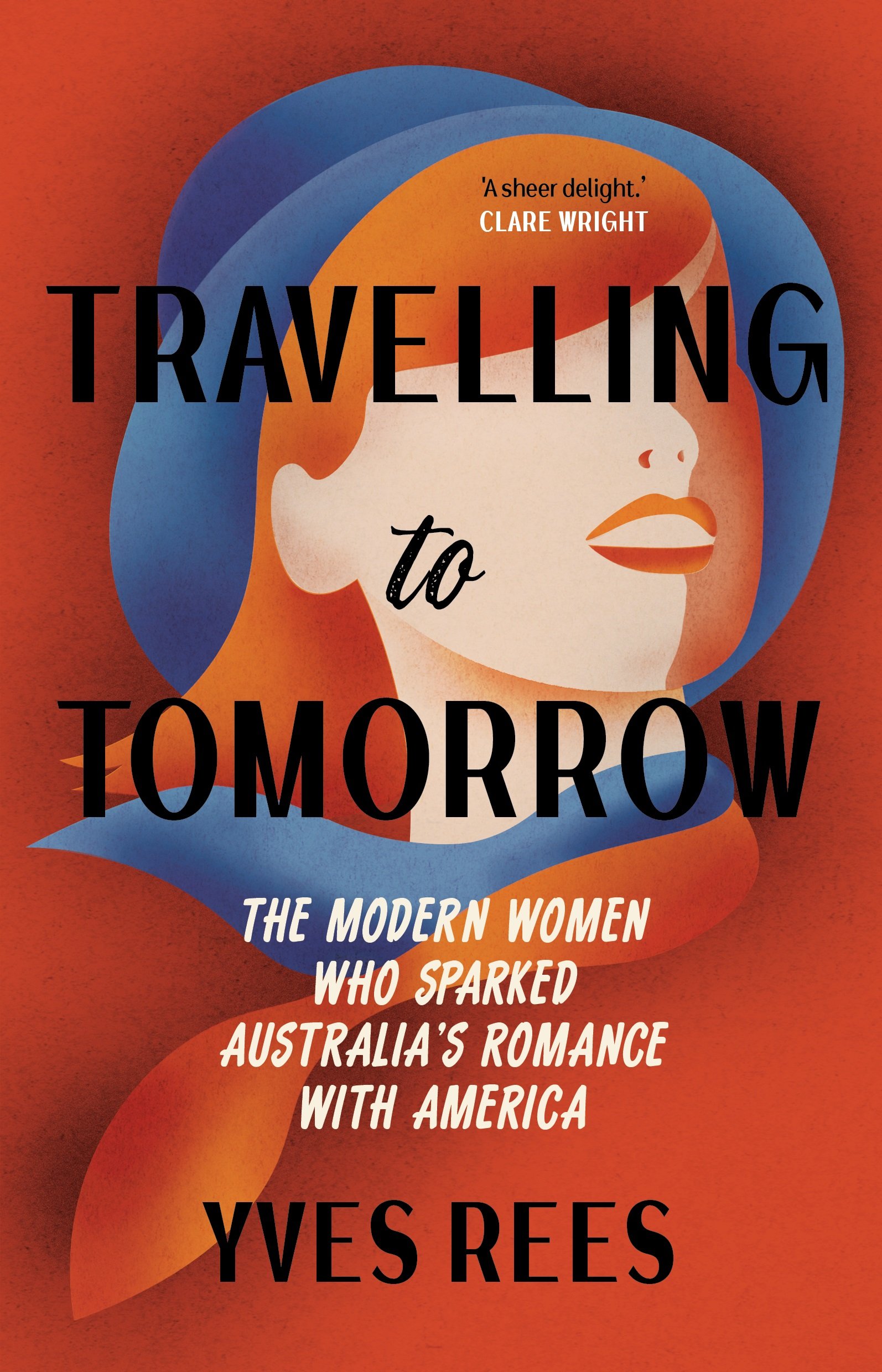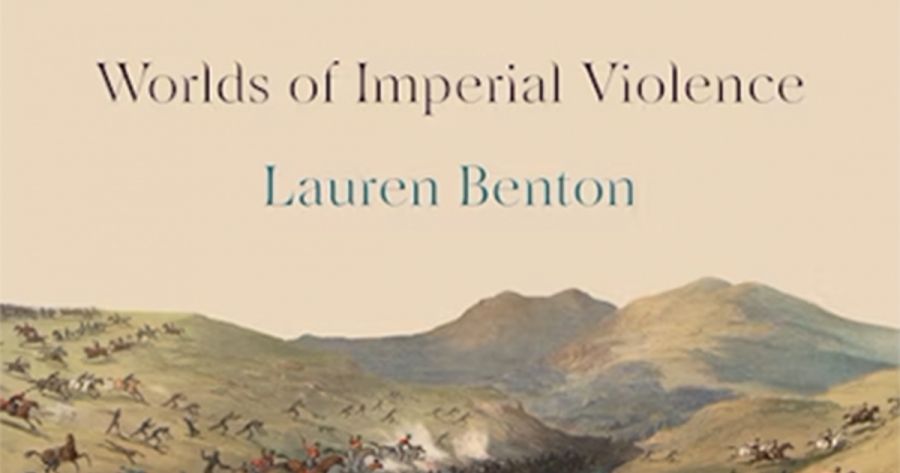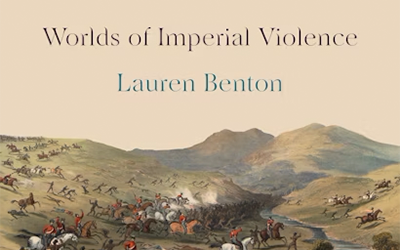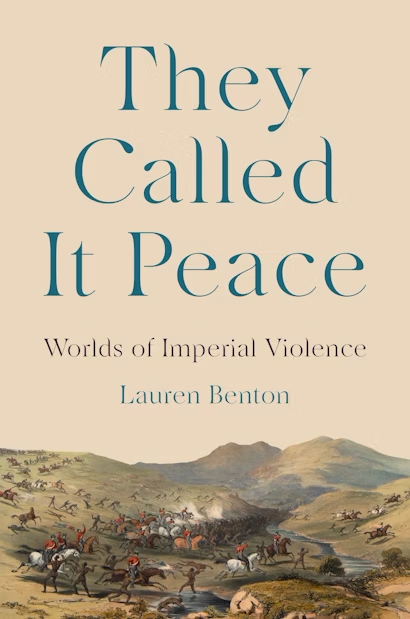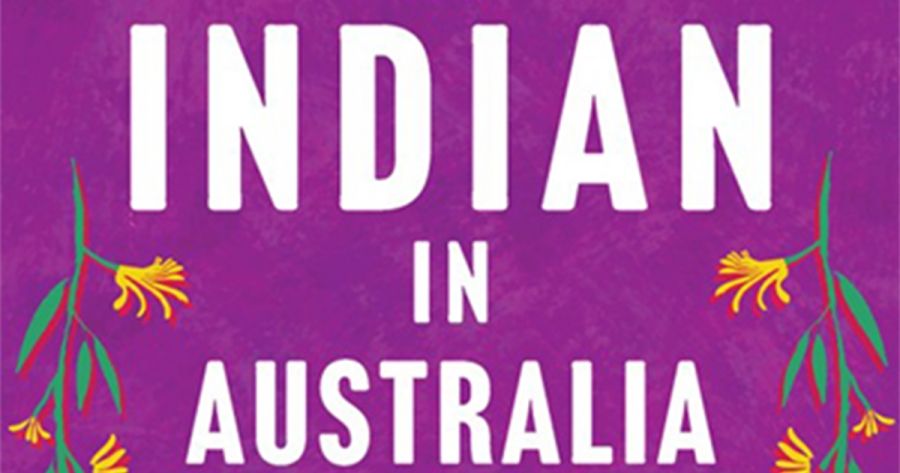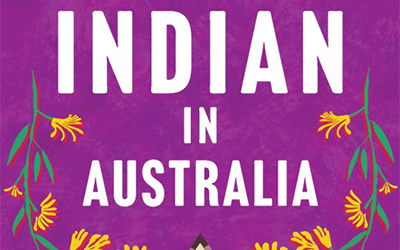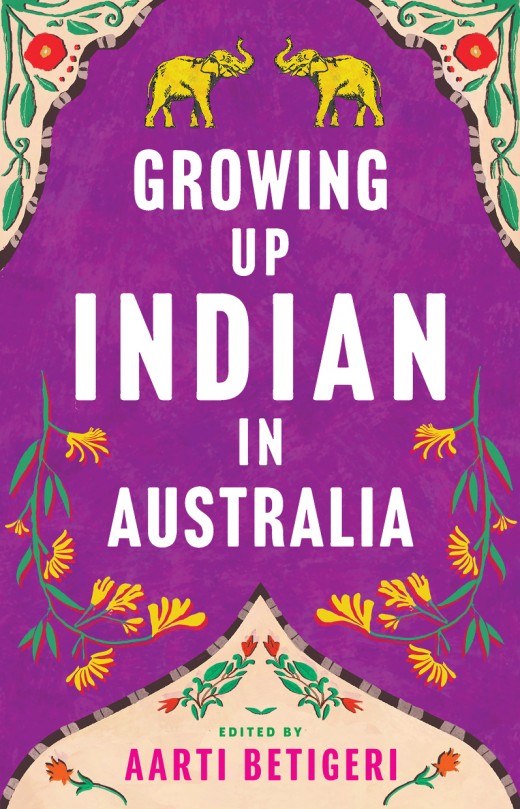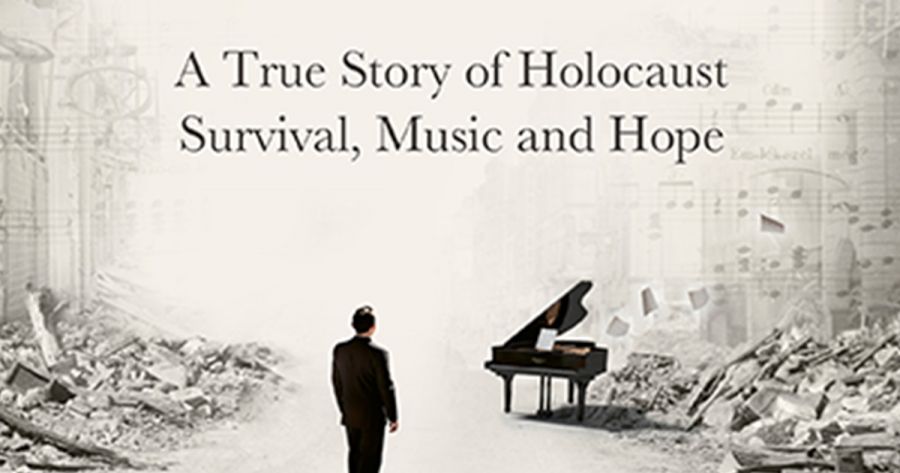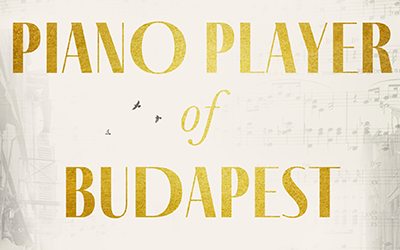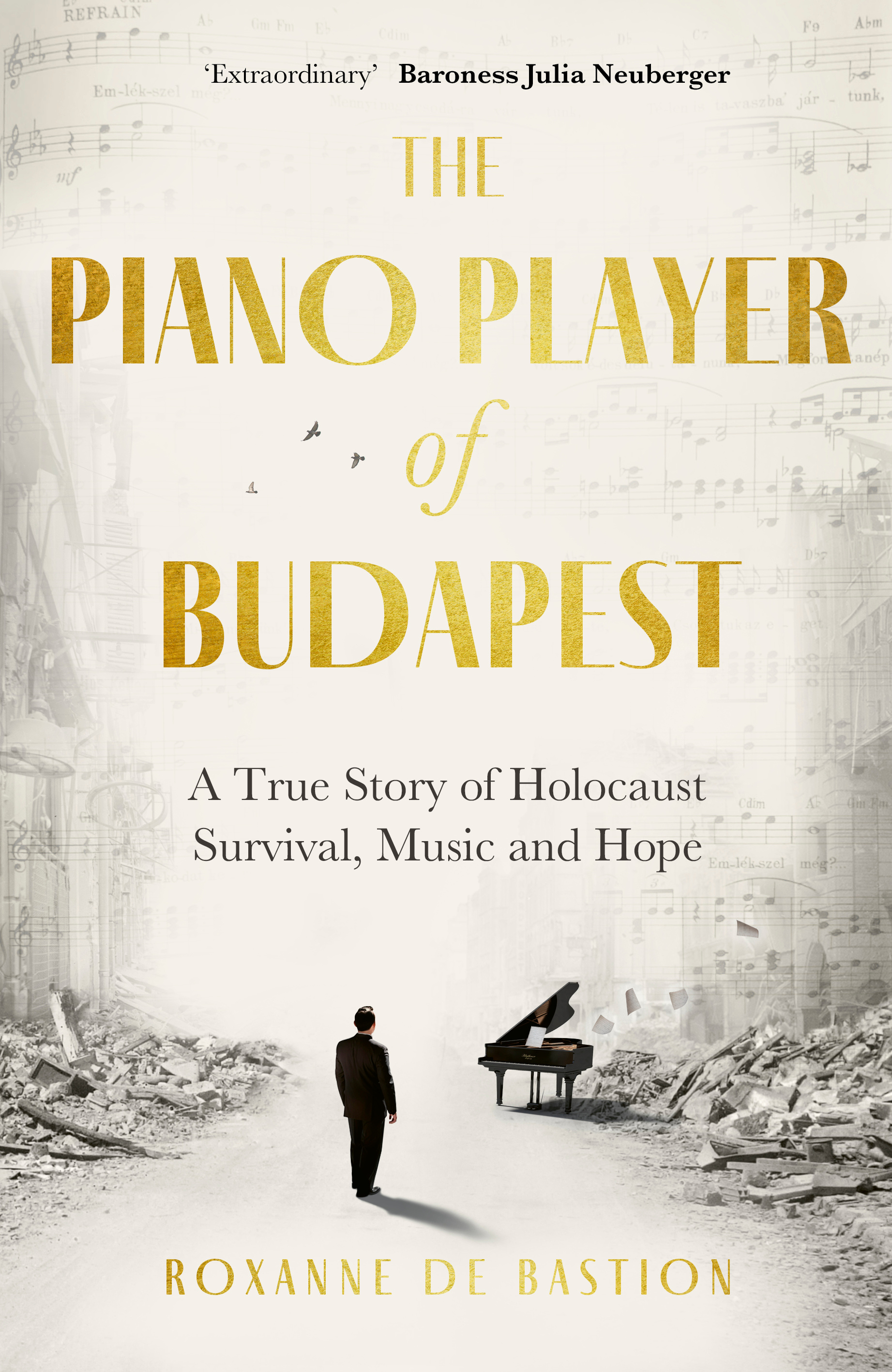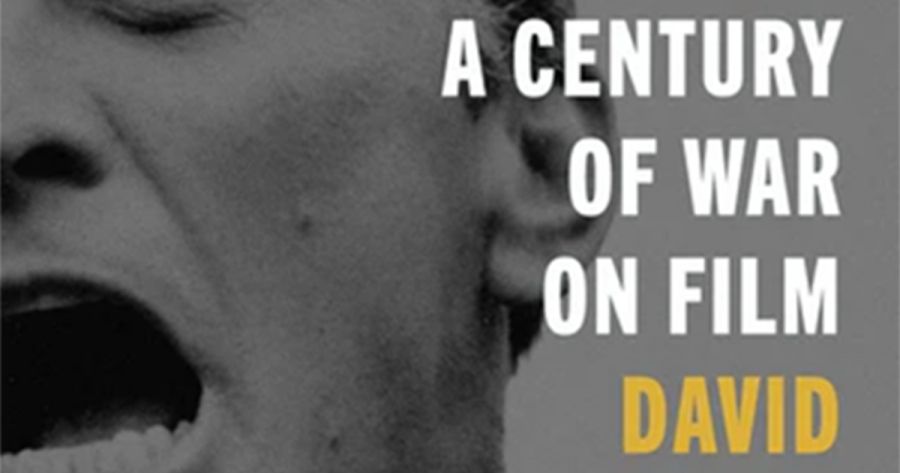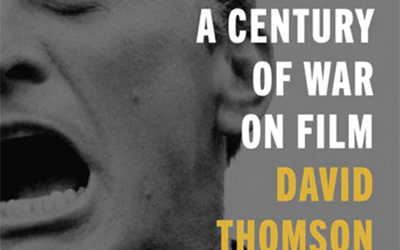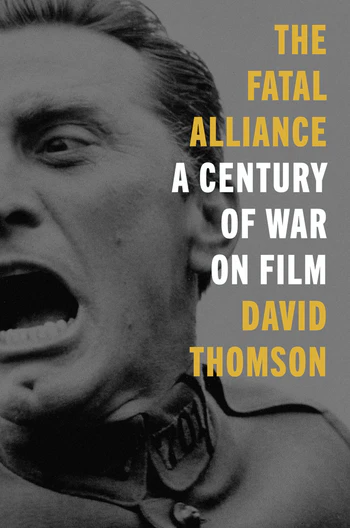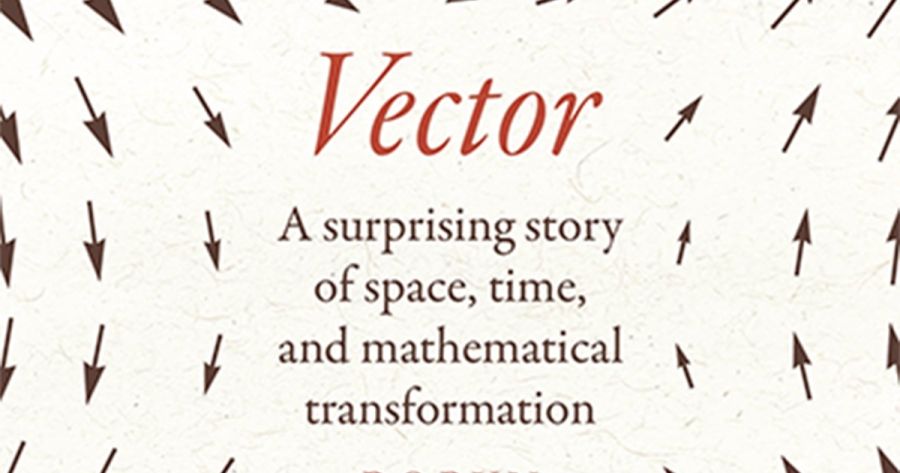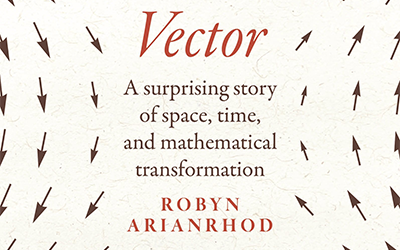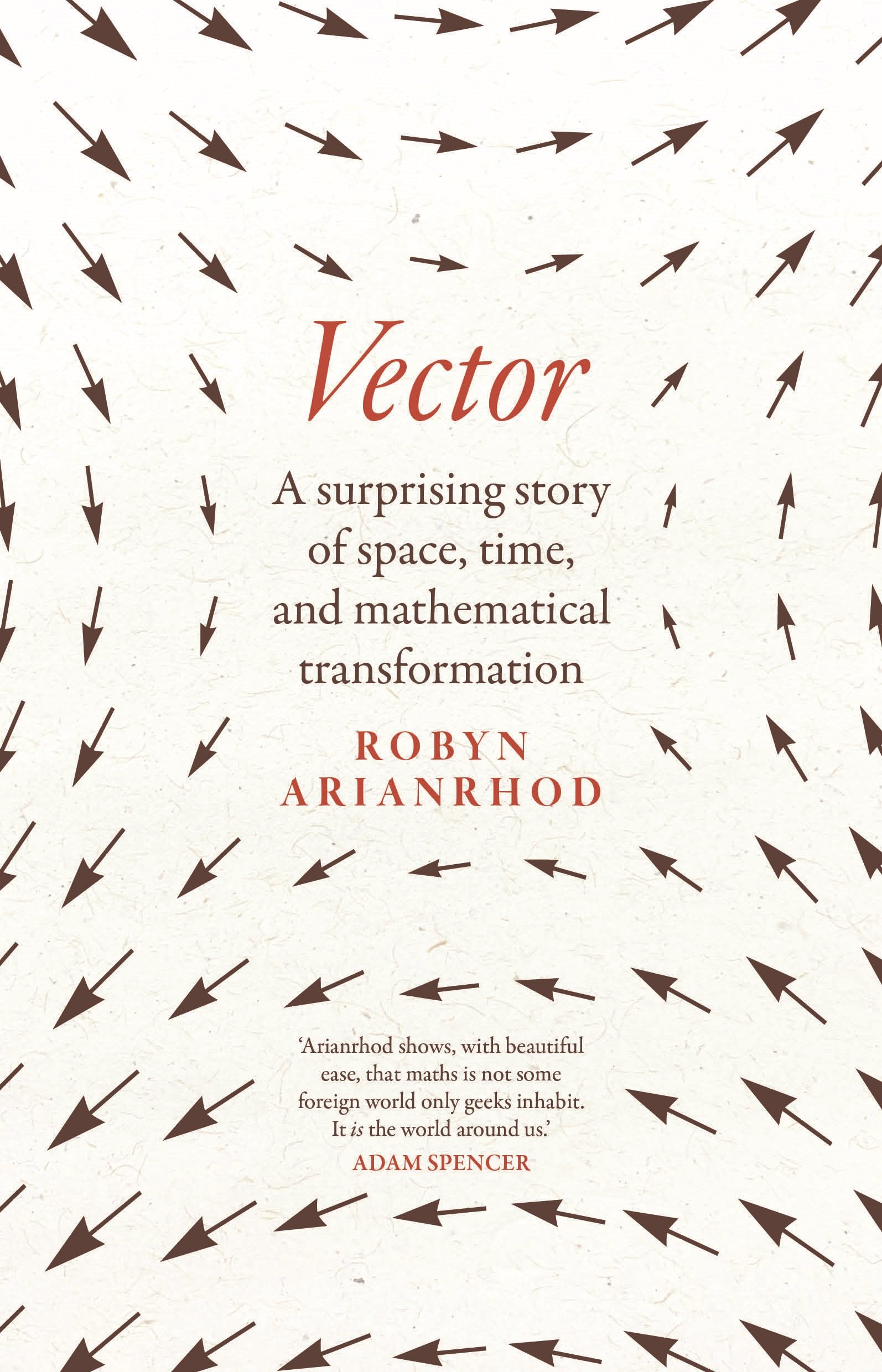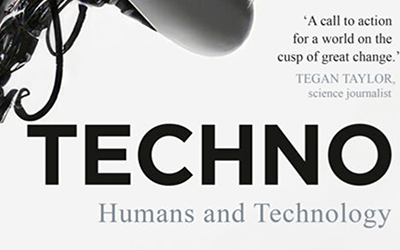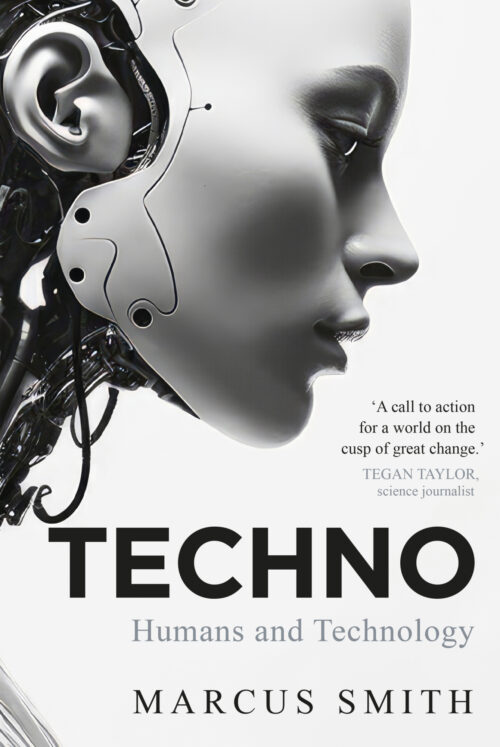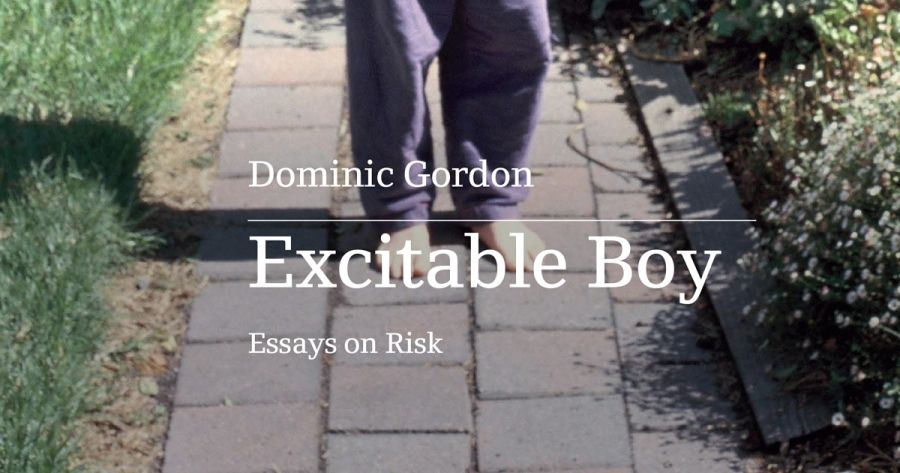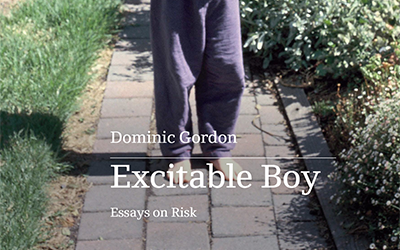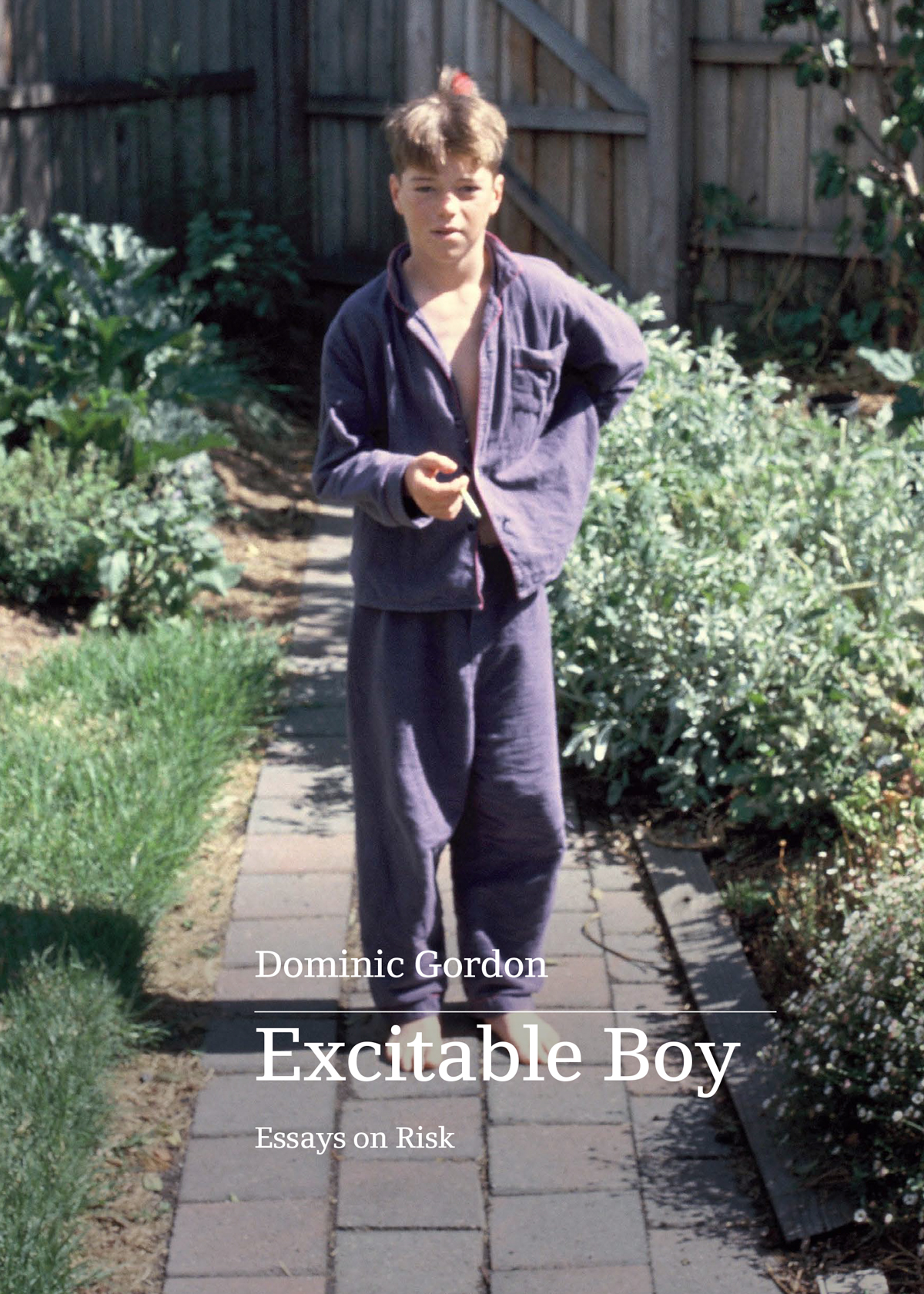Robyn Arianrhod is a science writer, and an affiliate of Monash’s School of Mathematics. Her reviews have appeared in Australian Book Review, The Age, Times Higher Education, The Mathematical Intelligencer, Cosmos, and Notices of the American Mathematical Society. Her latest book is Vector: A surprising story of space, time, and mathematical transformation (UNSW Press, 2024).
When did you first write for ABR?
I first reviewed in 2019. The book was The Best Australian Science Writing 2019.
What makes a fine critic?
Intellectual honesty, relevant knowledge, attentive engagement with the work, and good writing. It’s also important that reviewers of narrative non-fiction show readers that such books tell stories or set a context that is broader, deeper, than quick Wiki facts or the best single-topic online articles.
Which critics most impress you?
I first learned the power of great critical writing from the likes of Virginia Woolf, Susan Sontag, and Christopher Hitchens. I didn’t always agree with their tone or conclusions, but what depth, insight, and fine use of language!
Do you accept most books on offer or are you selective?
I take on most offers, because I find it an interesting challenge to engage critically with a range of books.
What qualities do you look for in an editor?
For both books and reviews I appreciate useful advice on passages where I need to clarify my meaning, smooth my grammar, and check my punctuation. (I’ve learnt to curb my use of exclamation marks, although secretly I still like them!) With books, I also look for guidance in shaping the project. Blending my two hats, I really like the fact that ABR allows authors to respond to excessively negative reviews, and critics to respond in turn. For too long, authors have been advised not to respond to negative reviews, and I wish more editors would encourage this two-way interaction: it’s a deeper way of engaging author, critic, and reader.
Do you write with a particular kind of reader in mind?
As both a writer and critic of popular science books, I write for readers who are intrigued by science, even if they don’t know a lot about it. I know that such books and reviews can require a significant investment of thought and attention, so I like to imagine book-loving readers who enjoy ‘brain candy’.
Do you receive feedback from readers or authors?
I’m grateful for the feedback I’ve received from readers of my books and, in the case of reviews, from both readers and authors. But I haven’t had any responses to my ABR reviews yet – not even when I’ve hoped to promote discussion!
What do you think of negative reviews?
As a writer, I’ve learned from constructive criticism, and as a prospective reader of a book I welcome it. But either way nit-pickers drive me mad – the kind of critic who spends too much limited review space on minor points, or dissecting something in which they are expert but which is a relatively small part of the book under review. In my own reviews, I try hard to ensure that negative criticism is proportionate.
I am also wary of negative reviews proclaiming that the reviewer would have tackled the topic, or structured and written the book, better than the author. Valid criticisms of style and substance are necessary, but this should be constructive, not dismissive or self-serving. I have mixed feelings about uncurated reader review websites, where perceptive, engaged assessments sit alongside glib, ill-informed judgements, or anonymous star ratings that are based merely on personal preference. A good critic reviews in a much broader context than whether or not they personally ‘liked’ the book. And yet, some of the most irresponsibly negative reviews I have seen have been from partisan professionals.
Good criticism takes time, energy, and skill – and it is vital in introducing readers to new books, and to ways of reading those books. Understandably, experts are wary of popularisers misrepresenting or trivialising their subjects. Alain de Botton’s pioneering popular philosophy books spring to mind for having riled some academic reviewers, although their negative reviews did spark useful debate about accessibility. So, there is an art to reviewing popular non-fiction: calling out lack of rigour and misleading simplifications, not uncommon among ‘bestsellers’, but recognising when an author conveys the essence of the subject accurately and accessibly.
How do you feel about reviewing people you know?
Generally, I’d prefer not to.
What’s a critic’s primary responsibility?
To be fair to both author and reader. Also, to offer informed insight, rather than a simple summary.
As an author yourself: what do you look for in reviews of your own books?
I hope for a (preferably generous but definitely fair-minded) critic who will review the book on its own terms. I am delighted when a reviewer ‘gets’ the big picture of what I have attempted and explains this to readers – and when the storytelling and conceptual explanations are appreciated, too.
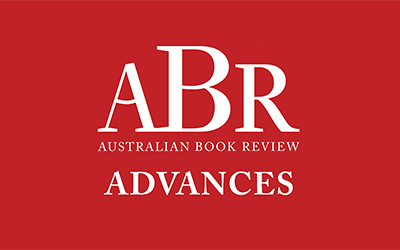


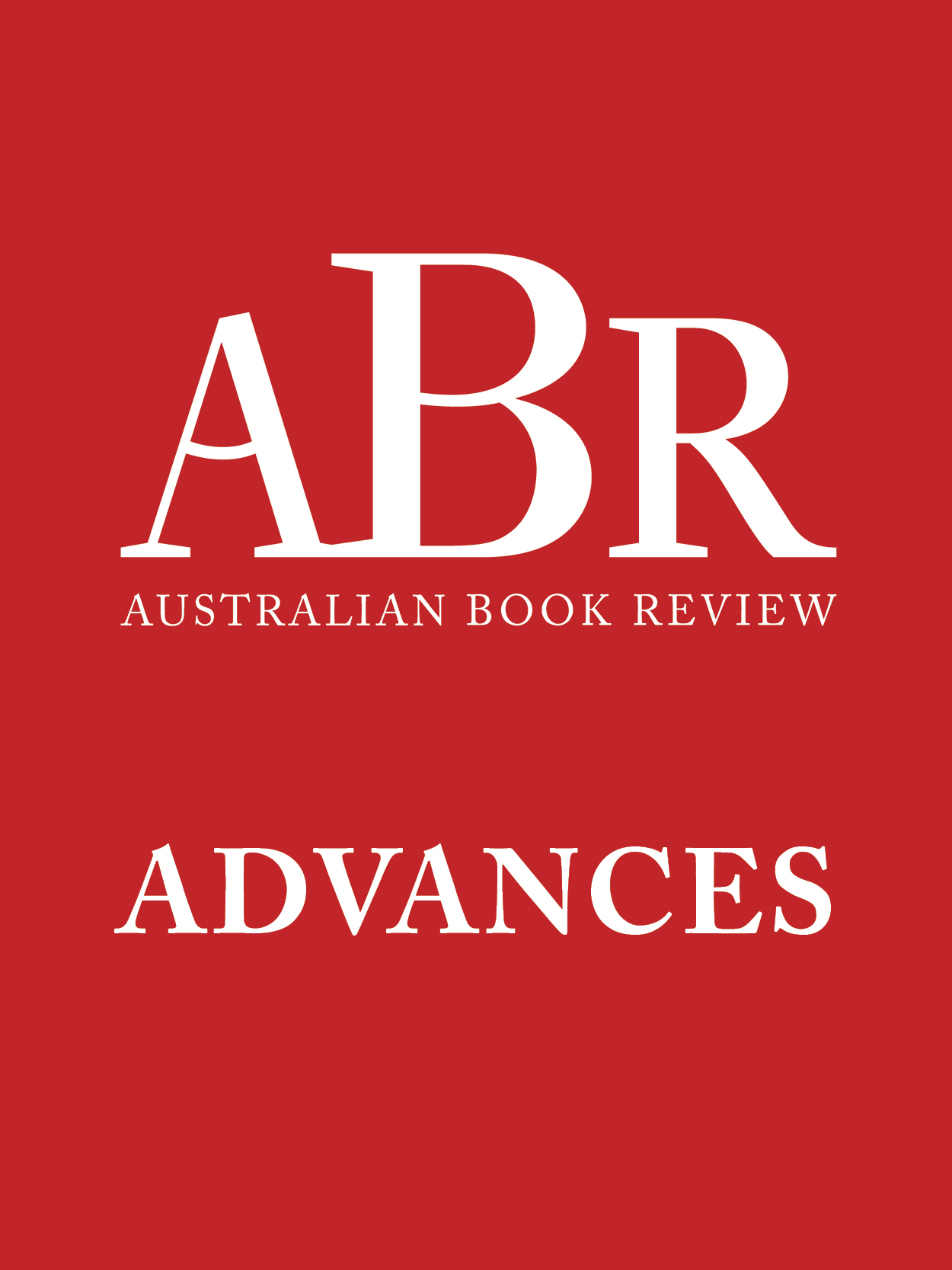
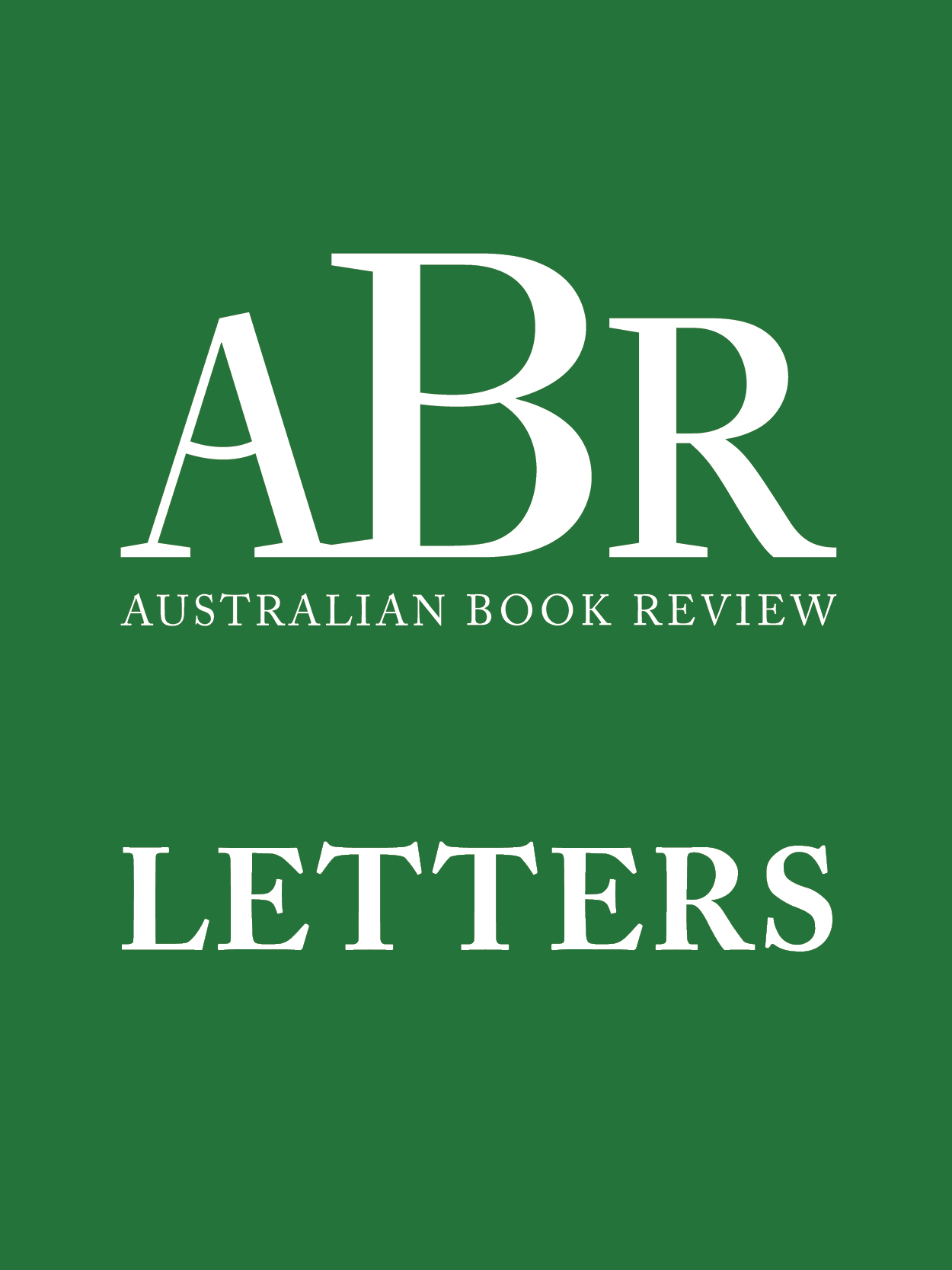
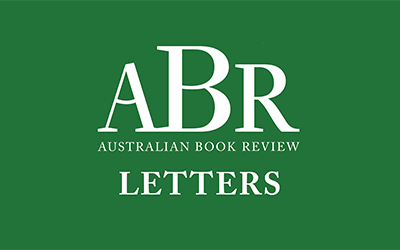

-RAI.png)
%20-%20FEAT.png)
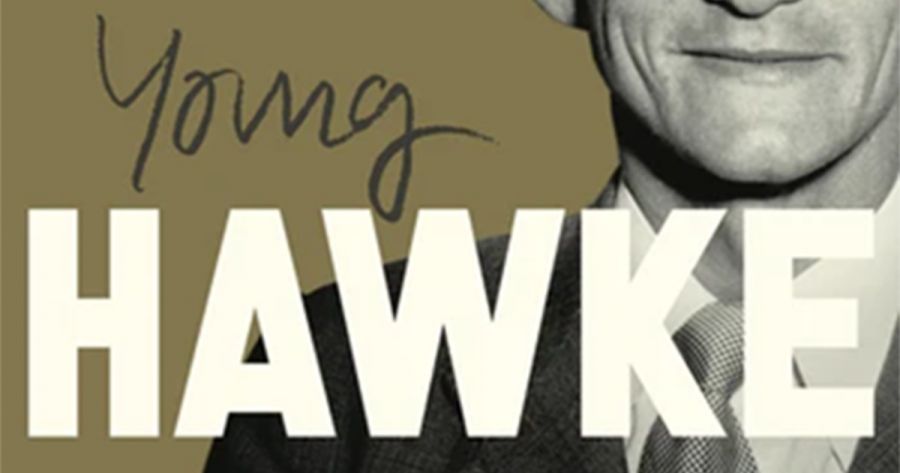
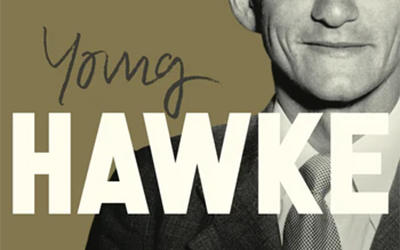
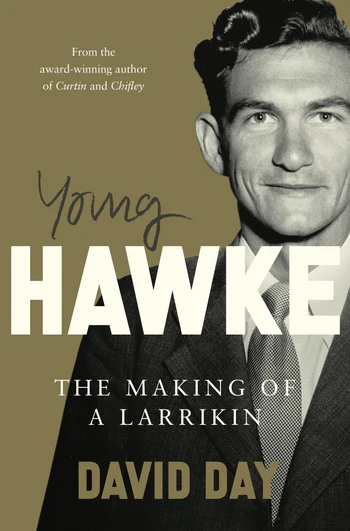
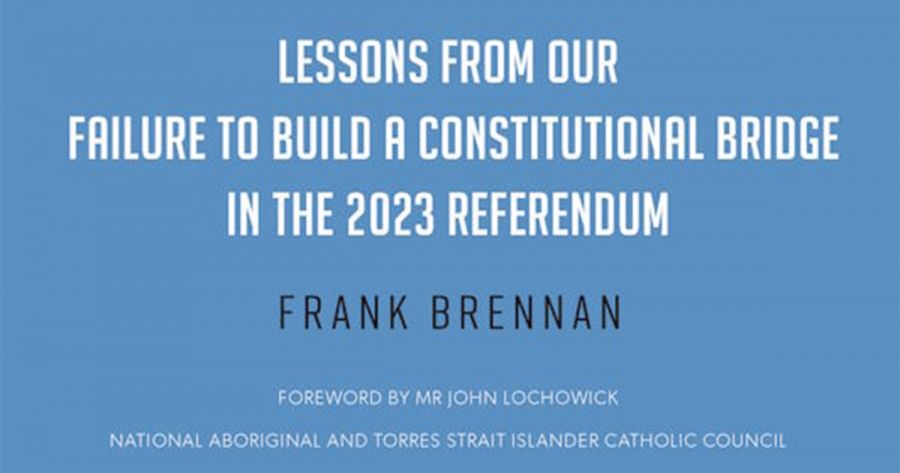
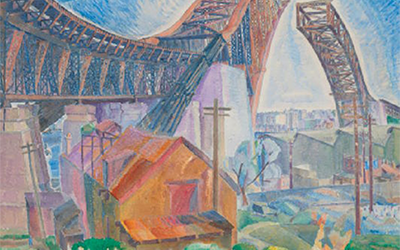
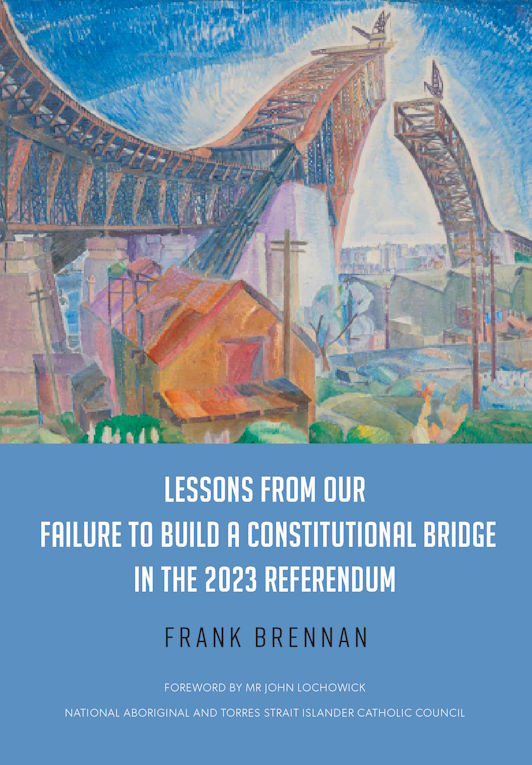
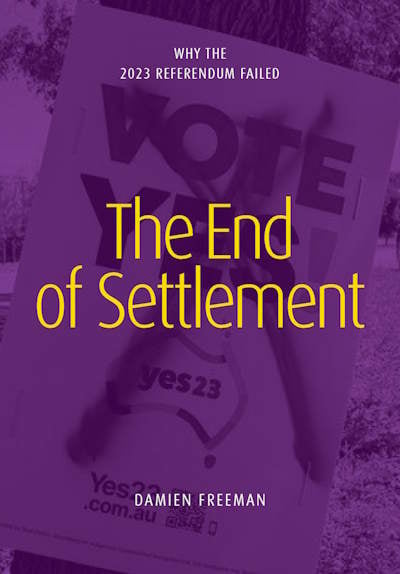
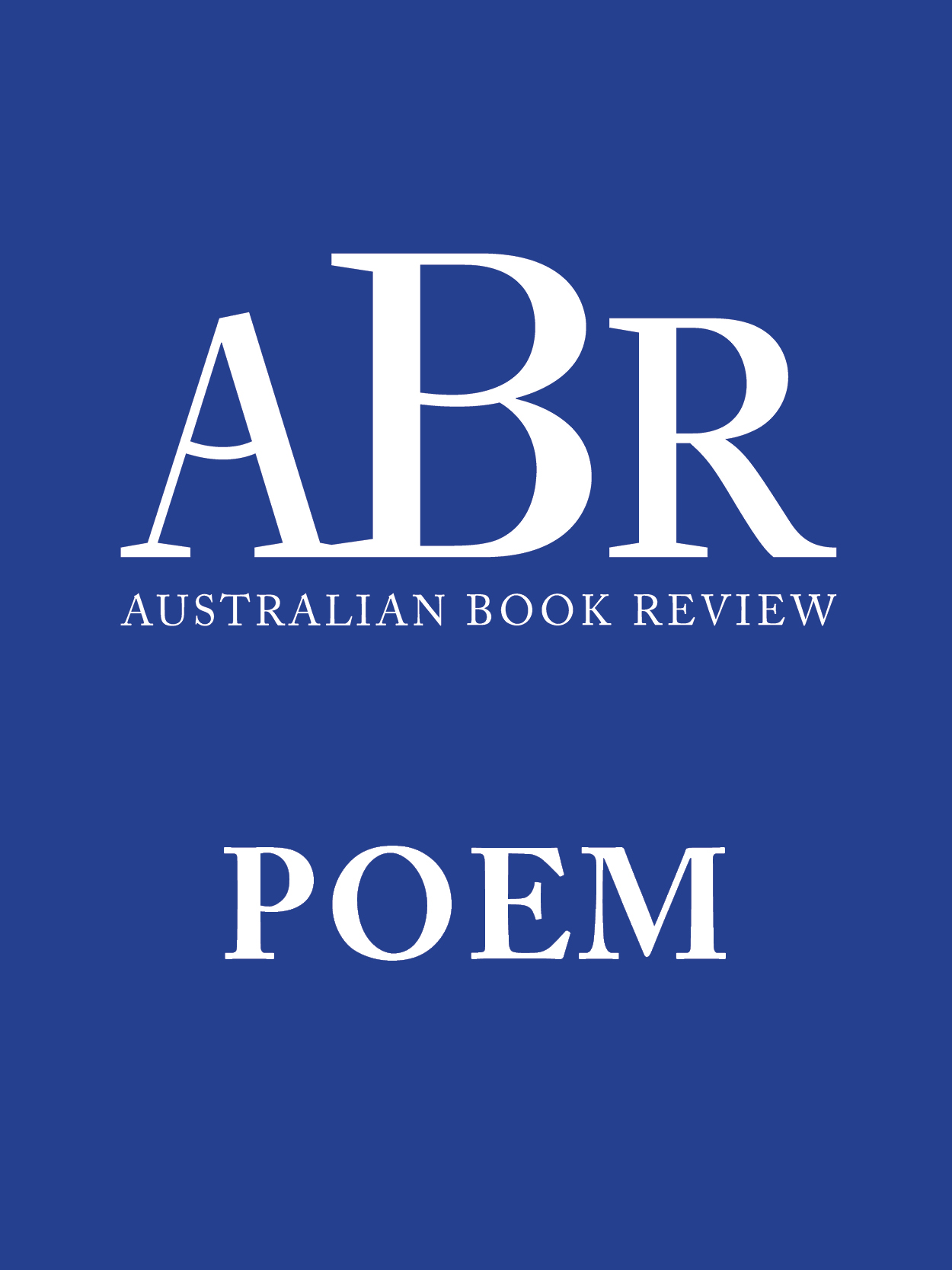
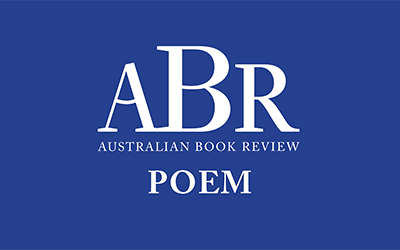
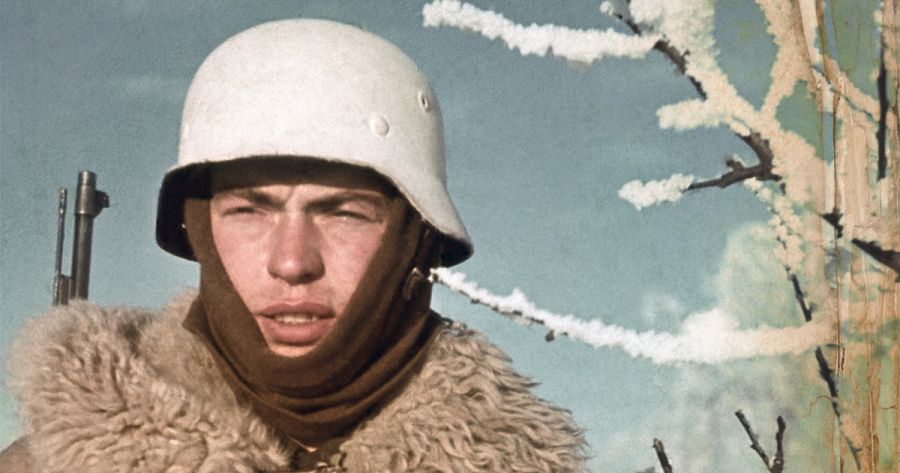

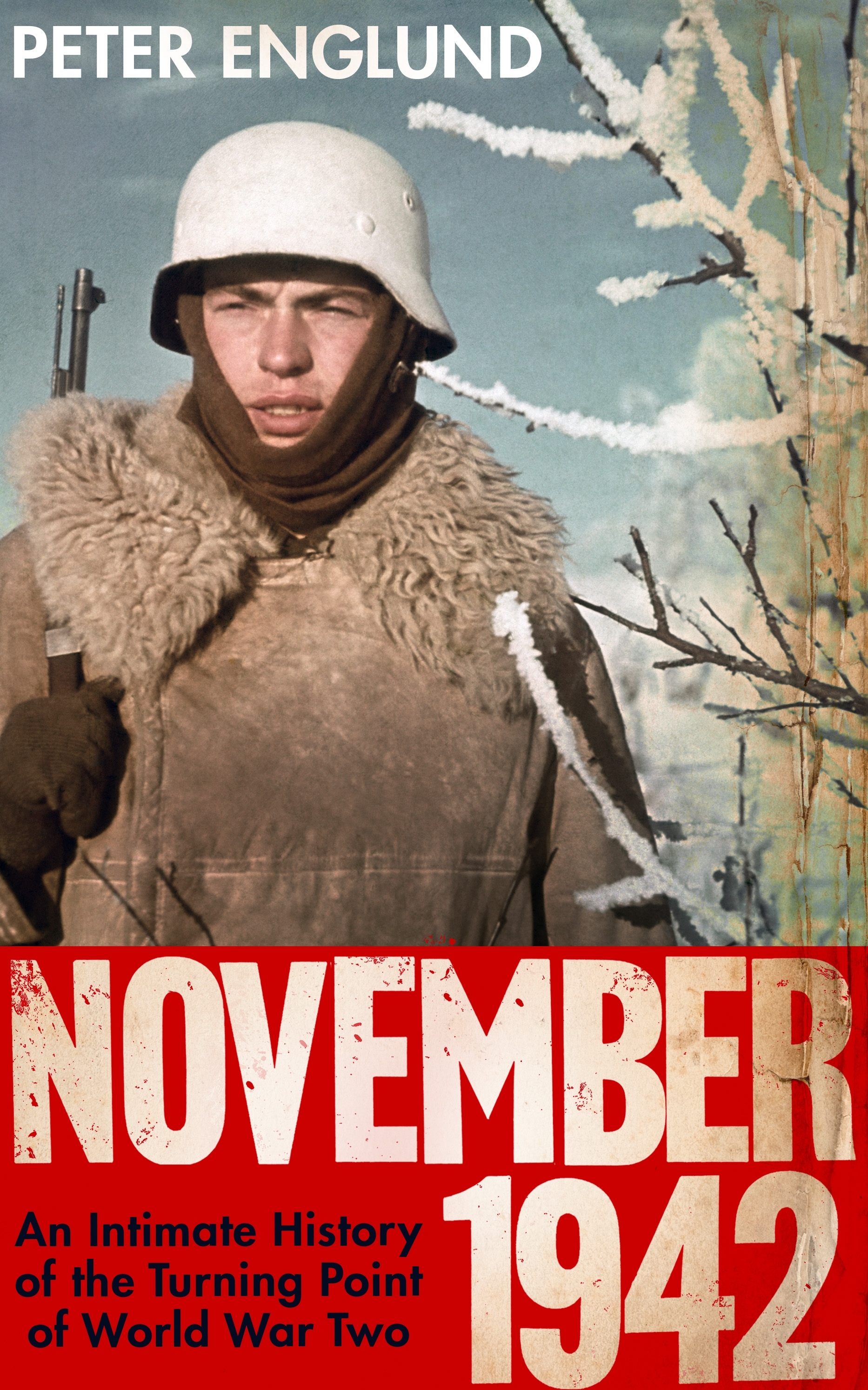

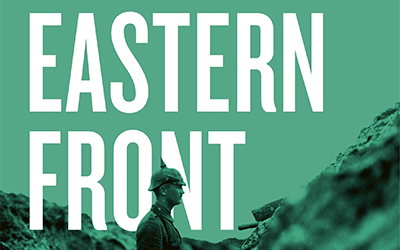
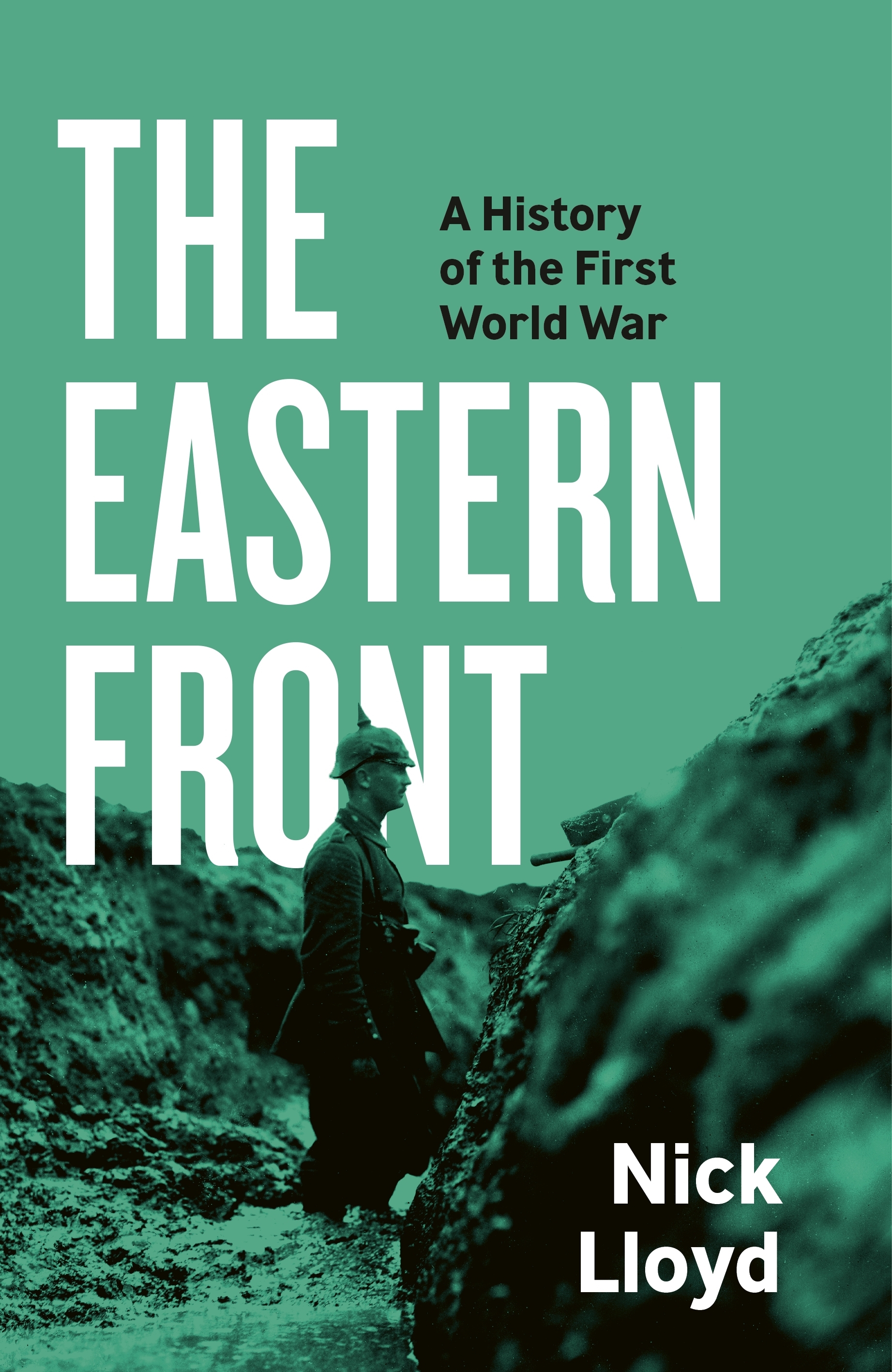
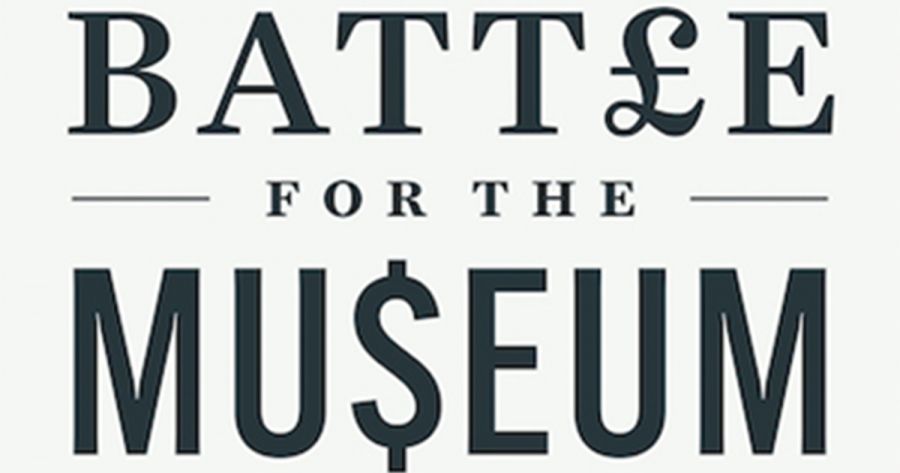
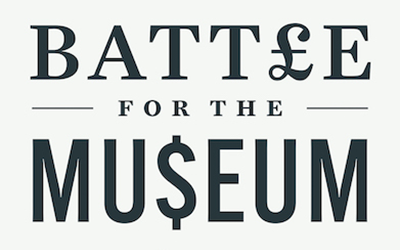
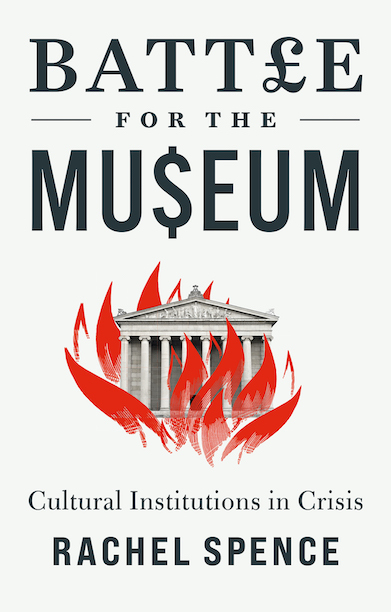



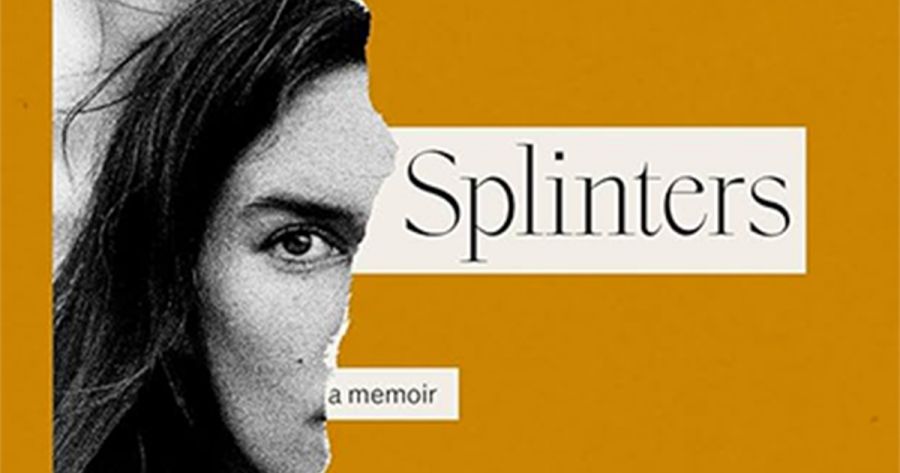
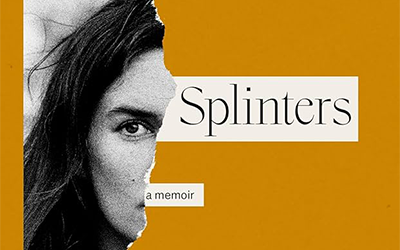
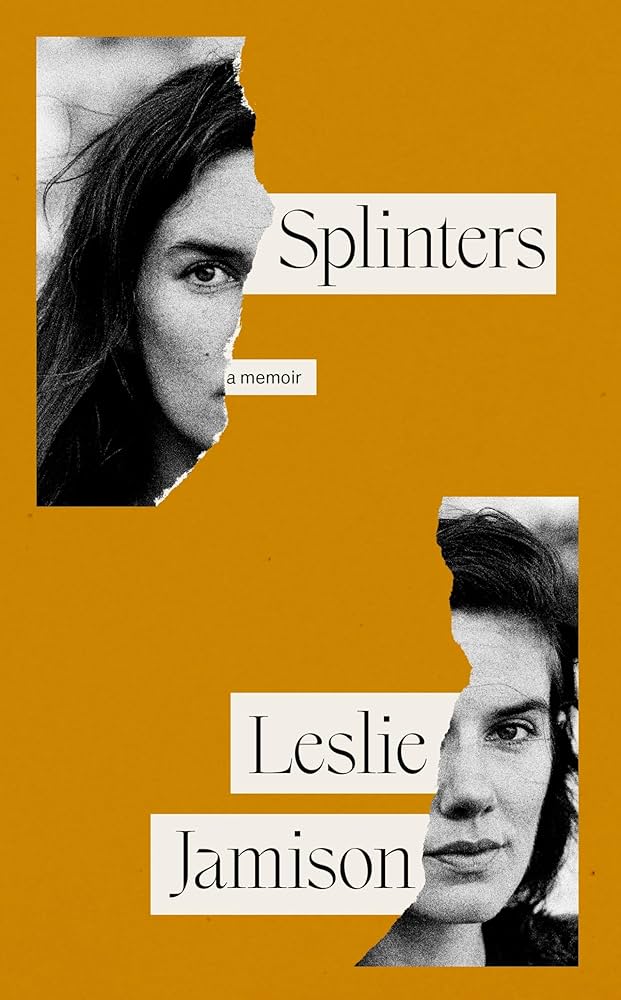




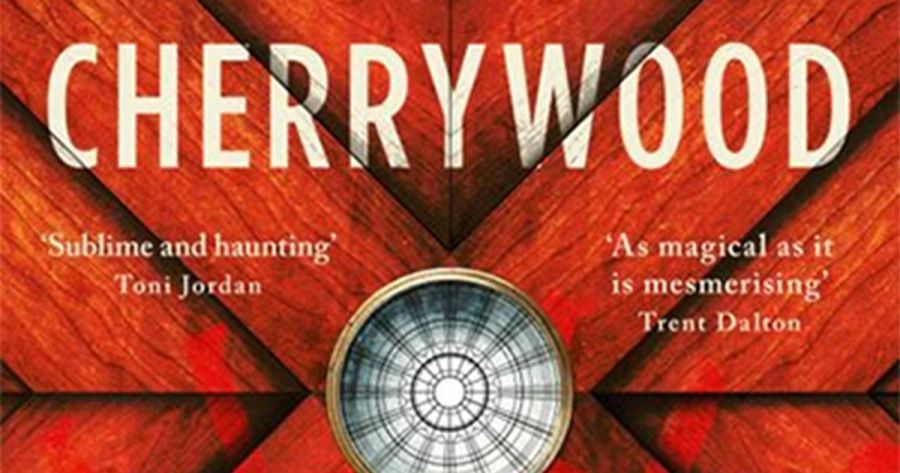
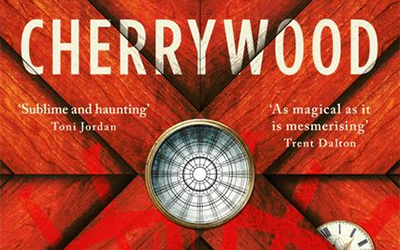
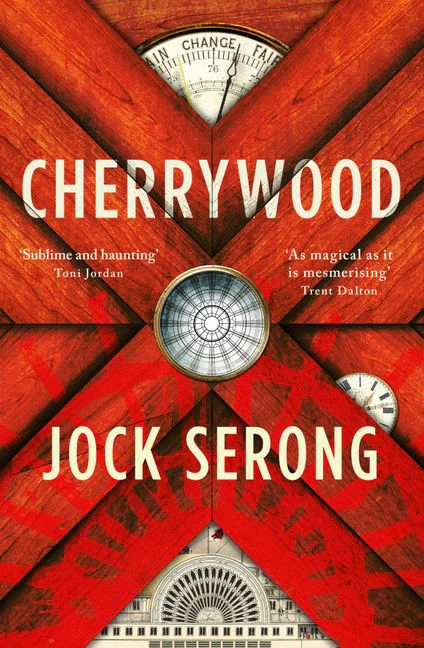

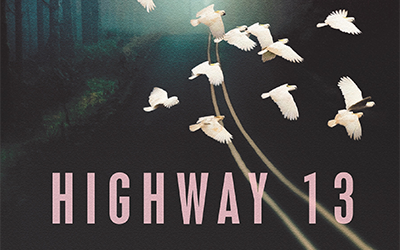
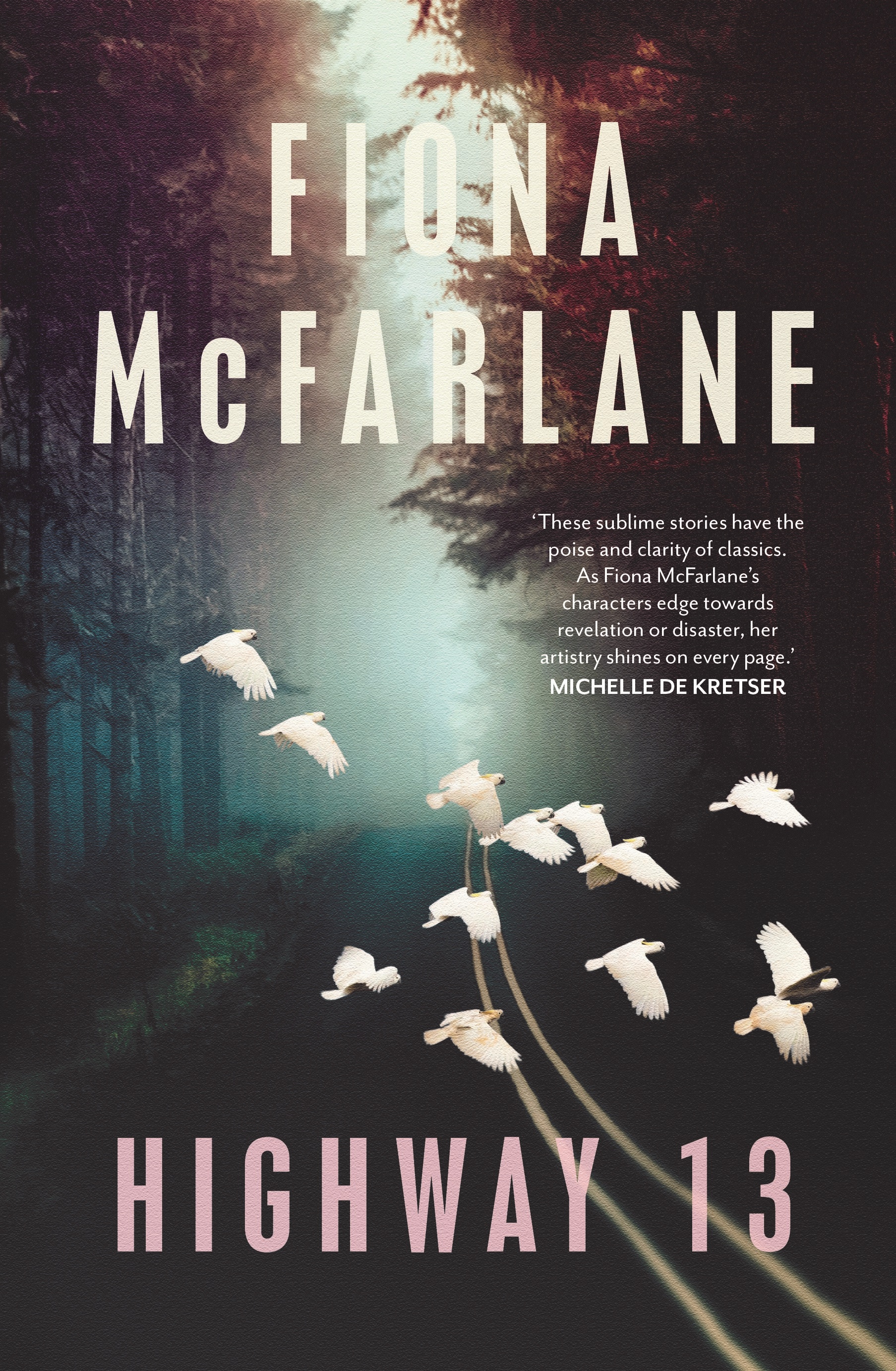
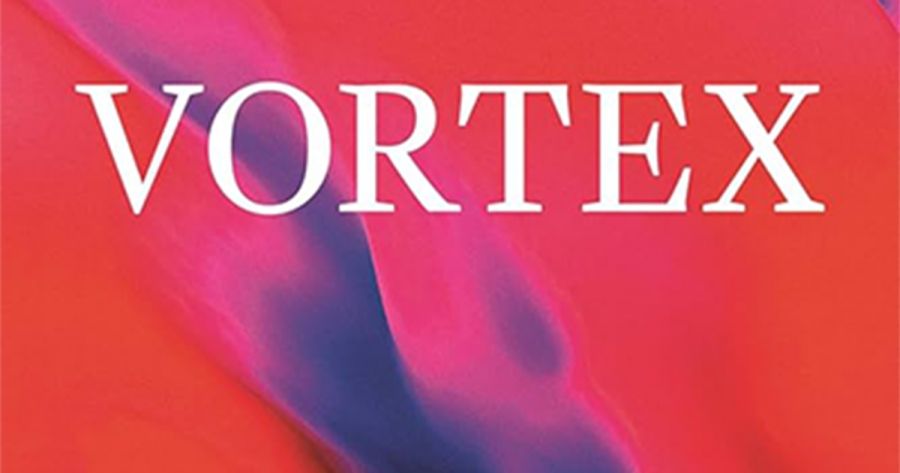
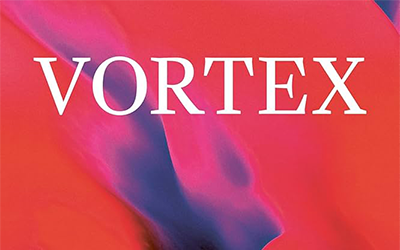
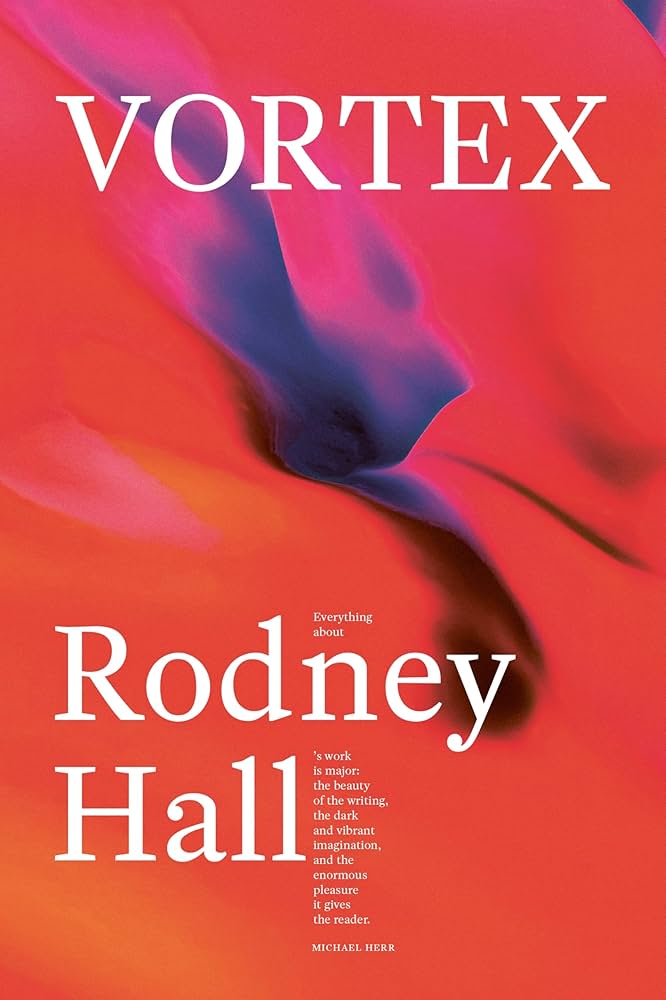
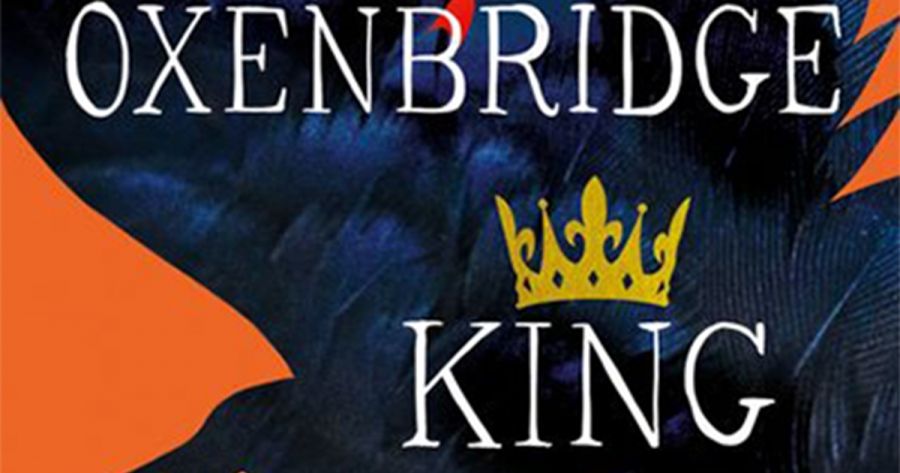
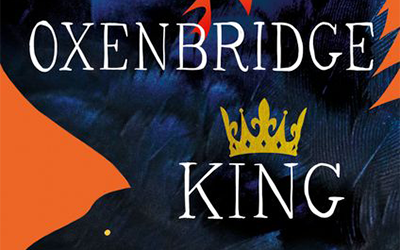
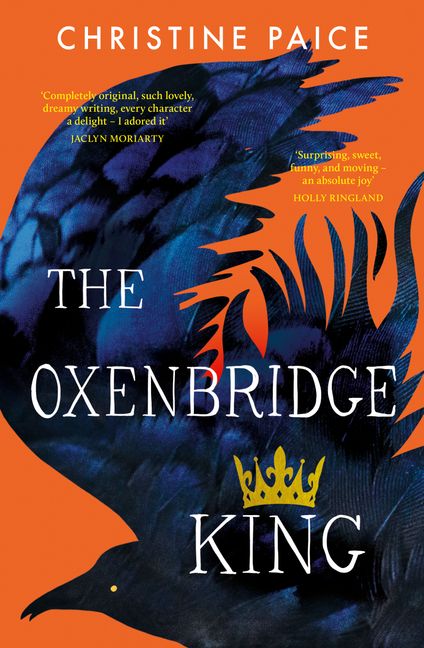
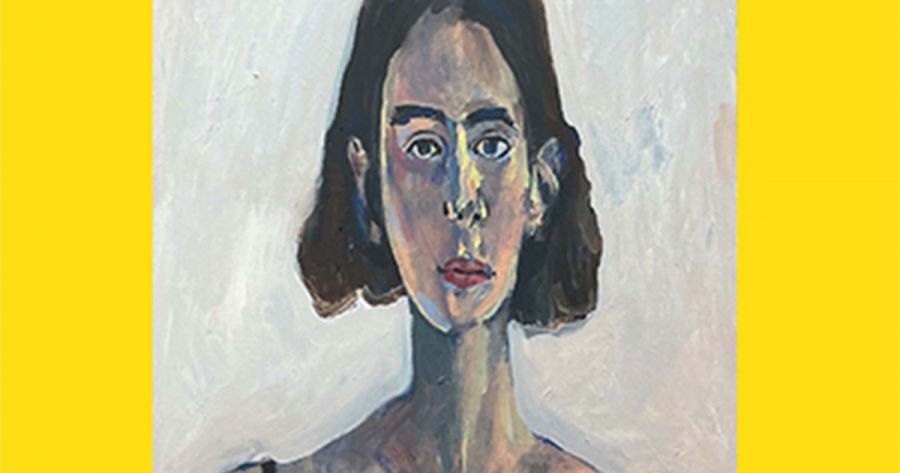
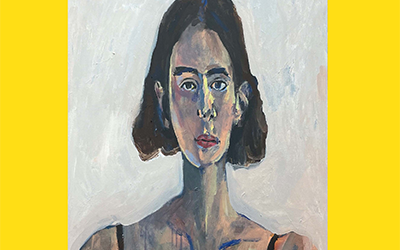
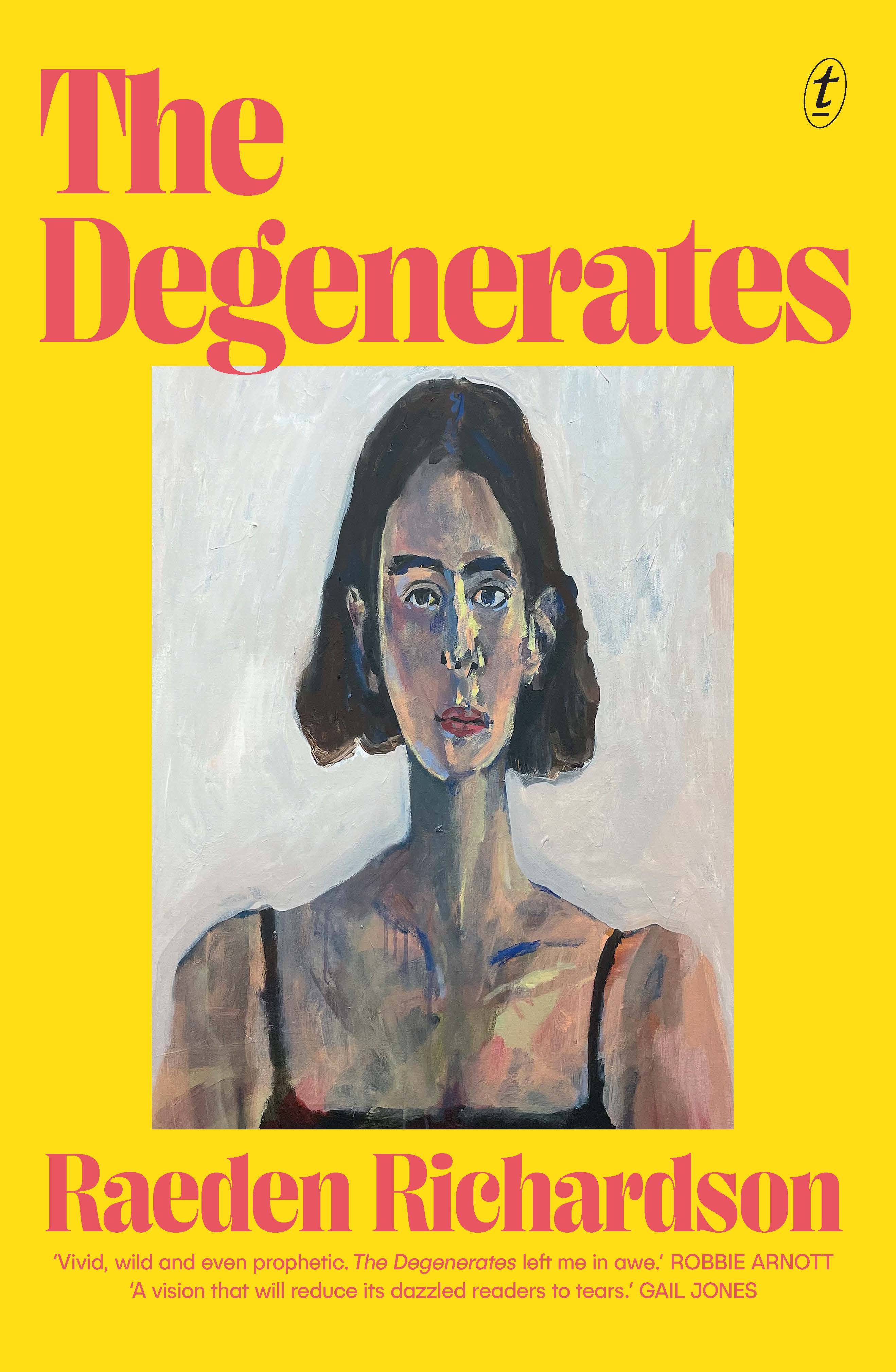

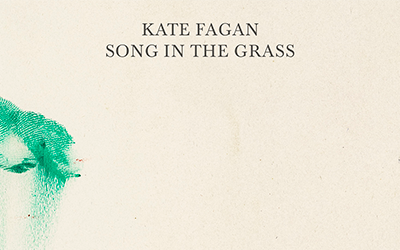
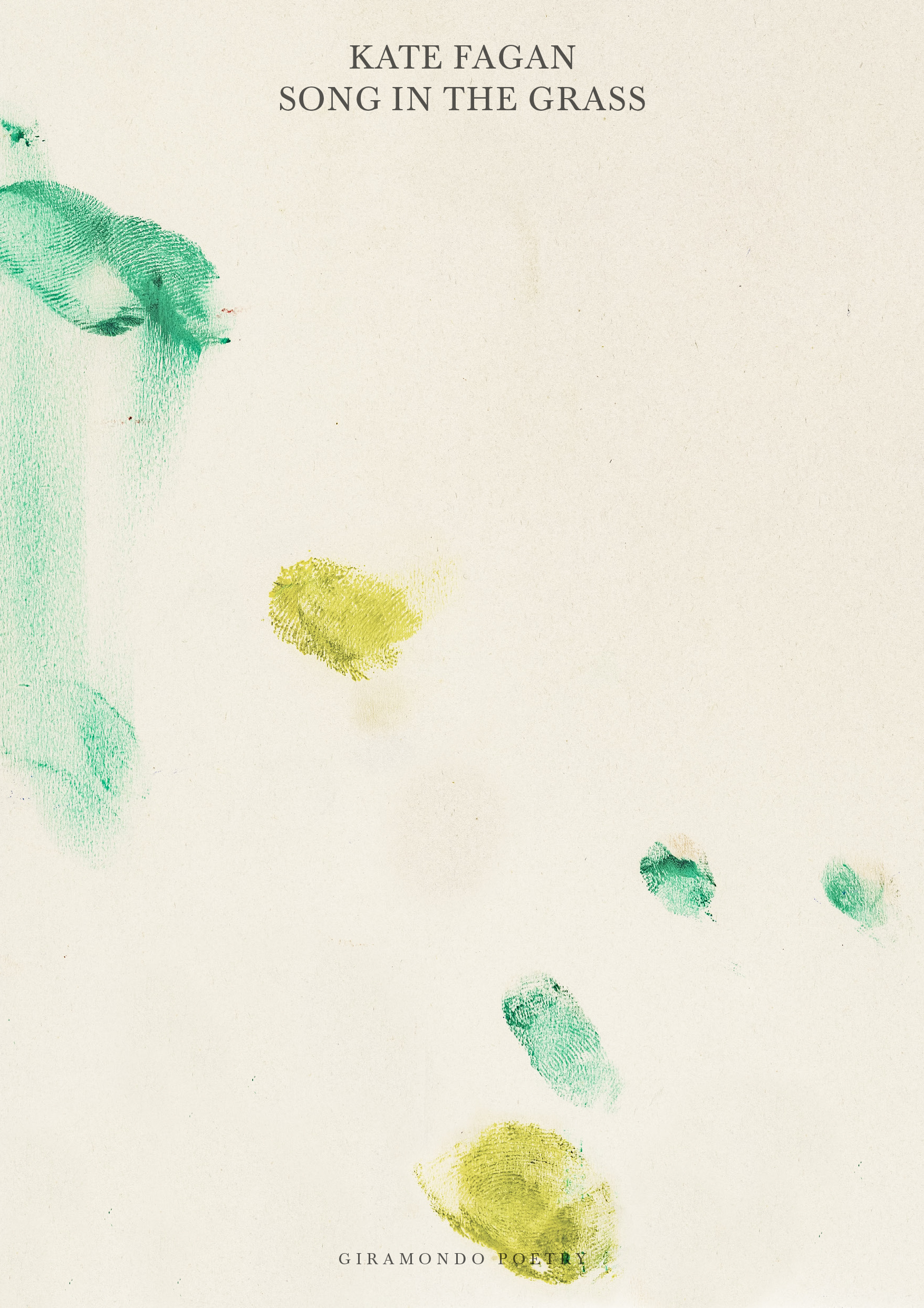

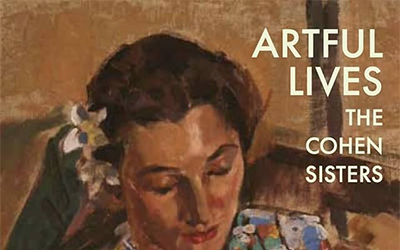
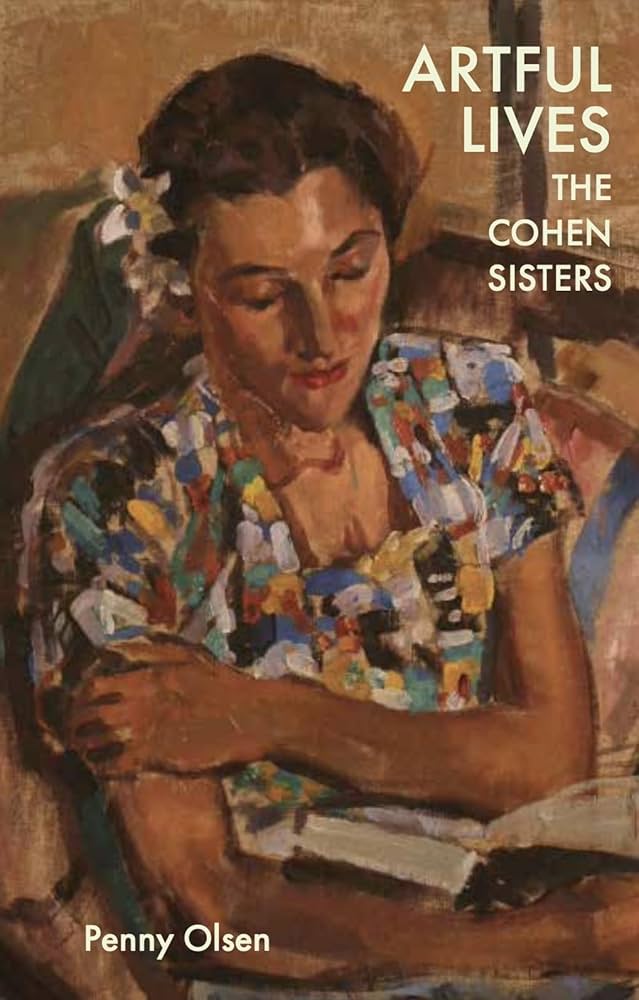
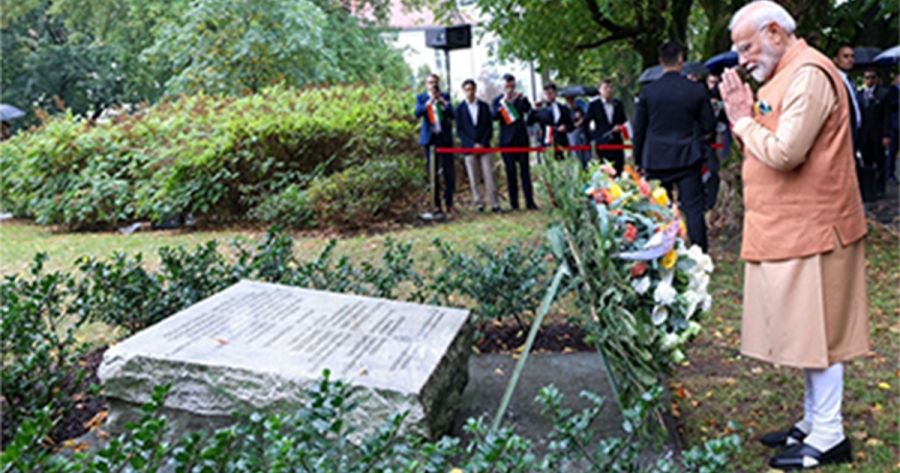
.png)
.png)
